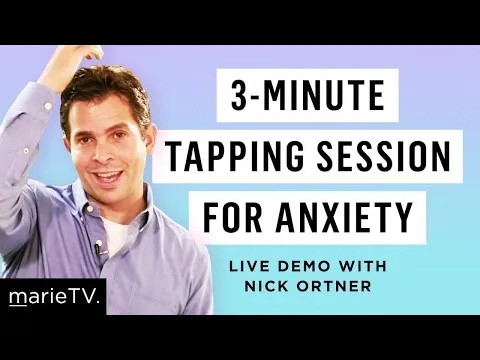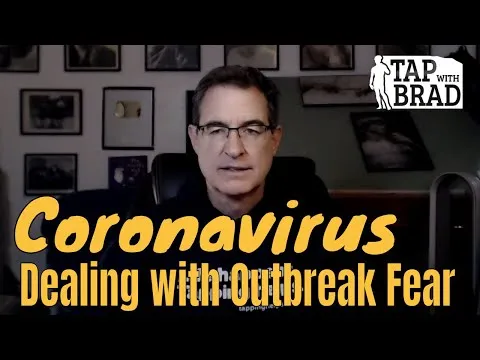There are SO many ways to get out of fear and I'll get to those soon. But first I want to address some questions posed to me after my last FB post on fear.
I'm wondering about the difference between terror and fear, and also ways in which we can personally cope with fear - do you have any practical advise in that area? What are the circumstances where fear is useful, necessary, helpful? And how do we switch away from it when it is damaging our selves, even if the reason for the fear endures? Is minimising our perception of the threat really the best way to dampen down the fear response?
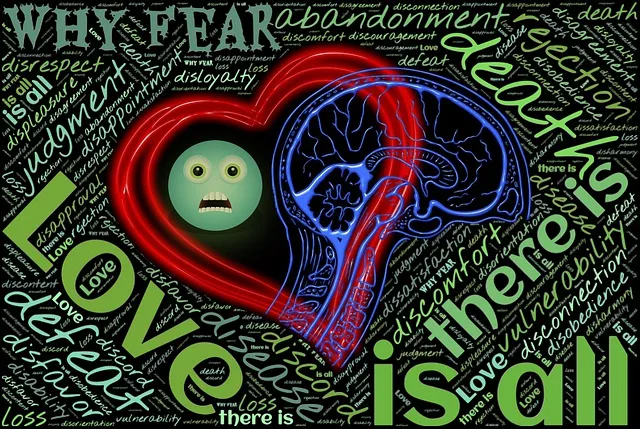
The purpose of fear is to alert us to danger, fast. To give us the adrenaline to run or fight. But we're not meant to stay in it. If we get that jolt of fear, and then don't take action of some kind, we can stay in that state chronically which is very damaging to the body and the mind.
If we can reduce the level of fear enough to be able to engage the logical mind, for some people minimising the perception of the threat can work very well. But let's rephrase that as "getting a more accurate perspective" because we don't want to trivialise a real danger.
Dr Rogher Callaghan, the developer of Thought Field Therapy (TFT), has a story about his accidental discovery of the tapping therapy. Without going into all the details, before the tapping his client had a terror of water that he had been working on for months with her and made little progress. After the tapping, her fear of the water was gone but natural caution remained. She could walk down to his pool and put her hand in the water, but she knew she couldn't swim, and knew not to put herself at risk.
Another example might be fear of heights. If you were in a high place that had a protective barrier, a normal level of caution would mean staying behind it, and maybe holding on. Fear might mean that you couldn't even approach the barrier, and so missed out on the wonderful view.
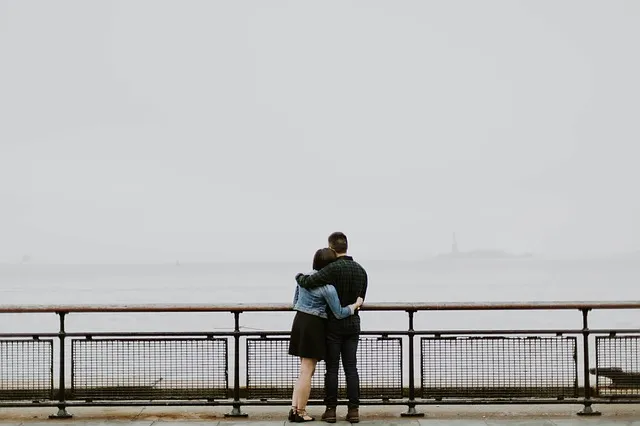
In this current situation, extreme fear might say "OMG, OMG, delta is in the community. It's so much more dangerous. If I catch it, I will die. My loved ones might die. Got to panic now." From there the judgments start to fly, your health suffers and your immunity drops.
Caution might think (if you were in Wellington) "OK, it's in the country now. We all need to be a bit more careful. But what is my actual risk? Here in Wellington, we have 14 cases, over 2-3 households. Households in which one or more people went to Auckland and got exposed. They are all in isolation. The chance of being exposed is tiny. And if I do get it, what is my chance of dying?" The answer to that last question will vary depending on your own health status and which official figures you look at.
You stay in a state where you can evaluate your situation, and can change your strategy as circumstances change and more information becomes available. You might be able to think of ways you can lower your personal risk, such as supplements to improve your immunity or more exercise. Getting out in the sun and deep breathing. Or you might choose to increase your peace of mind by reducing media and social media time.
So, in summary, getting out of fear feels better, improves your immunity and health, and allows clearer thinking. But it doesn't prevent normal, necessary caution.
So how do we get out of fear?
Fear cannot exist in the presence of love or joy. Robert Anthony talks about reaching for the better feeling, any time we feel bad. So ideally, we will be getting out of fear, and getting to a better feeling of peace, serenity, hope, love or joy. If you don't believe, deep down, that you deserve those feelings, being neutral is still a great start.
Let's start with some ways that don't need much in the way of teaching, but may not go as deep as you need to fully clear the feelings. Mostly these are self explanatory:
o Deep, slow breathing
o Meditation or Prayer
o Getting out in nature - fresh air, sunshine, feet on the earth
o Progressive relaxation
o Positive affirmations
o Vividly visualising the outcome you want
o Guided meditations
o Spend more time doing whatever brings you joy
Any of these that appeal may get you out of acute fear, but maybe not out of chronic fear.
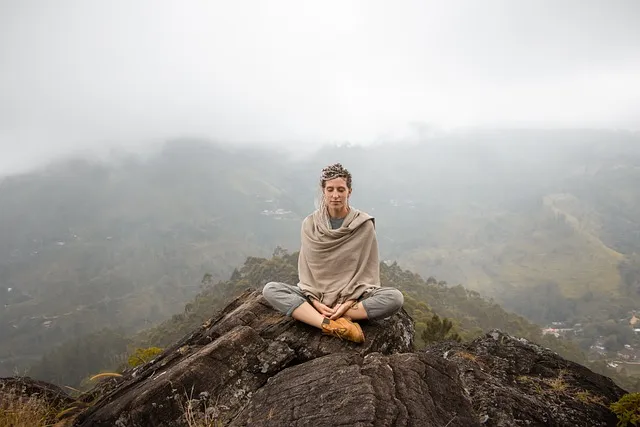
There are many therapies that go deeper. Here's a few of them.
Emotional Freedom Technique (EFT)
Emotional Freedom Technique was developed by Gary Craig, based on Roger Callaghan's TFT tapping technique. This is the first energy technique I used for shifting emotions and is still a favourite go-to. Probably the easiest to learn and most user friendly of the energy techniques, so this is the one I'd recommend for most of you. To bypass any learning needed, you can tap along with respected practitioners live online or on YouTube.
Jasmina is offering her free online sessions, as per my last post, for another week. Register at https://tappingexperthelp.com/
A 3 min intro to tapping for anxiety, with Nick Ortner:
An 8 min video for fear related to Covid, with Brad Yates, one of my favourite online tappers:
Another video with Nick Ortner for Cowid stress, this one is 15 mins and uses alternative tapping points:
Energy Alignment Method (EAM)
EAM was developed by an experienced EFT practitioner, who found that this method clears things faster. It does involve learning to use the sway test, which is a form of muscle testing that anybody can learn. Go to the website to learn more:
Access Consciousness Clearing Statement
I was introduced to this method recently and I think it shifts things faster than anything else I've used. It's a bit more complex to learn, but worth taking the time to get comfortable with. Learn more here
If this resonates with you, tune into Dr Dain Heer's channel called Tour of Consciousness to get many ideas on how it can be used.
The Work, by Byron Katie
I don't have a lot of experience with using the Work. But even asking the first two questions about something that you believe can start to make a difference.
Byron Katie's Four Questions
o Question 1: Is it true?
o Question 2: Can you absolutely know it's true?
o Question 3: How do you react—what happens—when you believe that thought?
o Question 4: Who would you be without the thought?
o Turn the thought around.
That's all I'm going to say, but if it feels like it could be a useful tool for you, go to her website to learn more about how to use the four questions.
Heart Math
I don't have ANY experience with Heart Math but it's very well regarded and tuning into our hearts is going to be a necessity in the years to come. Start with their free 90 minute video training course.
These techniques are just the tip of the iceberg. Please add your suggestions or experiences in the comments!
Here's the love bus again, just cos I like it.

Peace and love to all, xxx
